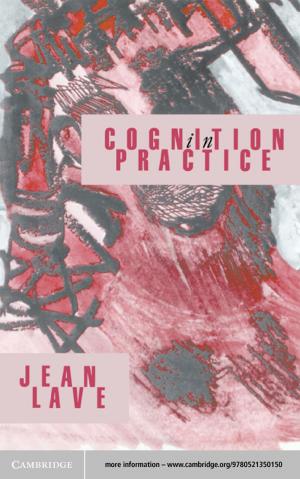After Defeat
How the East Learned to Live with the West
Nonfiction, Social & Cultural Studies, Political Science, International, International Relations, History| Author: | Dr Ayse Zarakol | ISBN: | 9780511852886 |
| Publisher: | Cambridge University Press | Publication: | December 23, 2010 |
| Imprint: | Cambridge University Press | Language: | English |
| Author: | Dr Ayse Zarakol |
| ISBN: | 9780511852886 |
| Publisher: | Cambridge University Press |
| Publication: | December 23, 2010 |
| Imprint: | Cambridge University Press |
| Language: | English |
Not being of the West; being behind the West; not being modern enough; not being developed or industrialized, secular, civilized, Christian, transparent, or democratic - these descriptions have all served to stigmatize certain states through history. Drawing on constructivism as well as the insights of social theorists and philosophers, After Defeat demonstrates that stigmatization in international relations can lead to a sense of national shame, as well as auto-Orientalism and inferior status. Ayşe Zarakol argues that stigmatized states become extra-sensitive to concerns about status, and shape their foreign policy accordingly. The theoretical argument is supported by a detailed historical overview of central examples of the established/outsider dichotomy throughout the evolution of the modern states system, and in-depth studies of Turkey after the First World War, Japan after the Second World War, and Russia after the Cold War.
Not being of the West; being behind the West; not being modern enough; not being developed or industrialized, secular, civilized, Christian, transparent, or democratic - these descriptions have all served to stigmatize certain states through history. Drawing on constructivism as well as the insights of social theorists and philosophers, After Defeat demonstrates that stigmatization in international relations can lead to a sense of national shame, as well as auto-Orientalism and inferior status. Ayşe Zarakol argues that stigmatized states become extra-sensitive to concerns about status, and shape their foreign policy accordingly. The theoretical argument is supported by a detailed historical overview of central examples of the established/outsider dichotomy throughout the evolution of the modern states system, and in-depth studies of Turkey after the First World War, Japan after the Second World War, and Russia after the Cold War.















